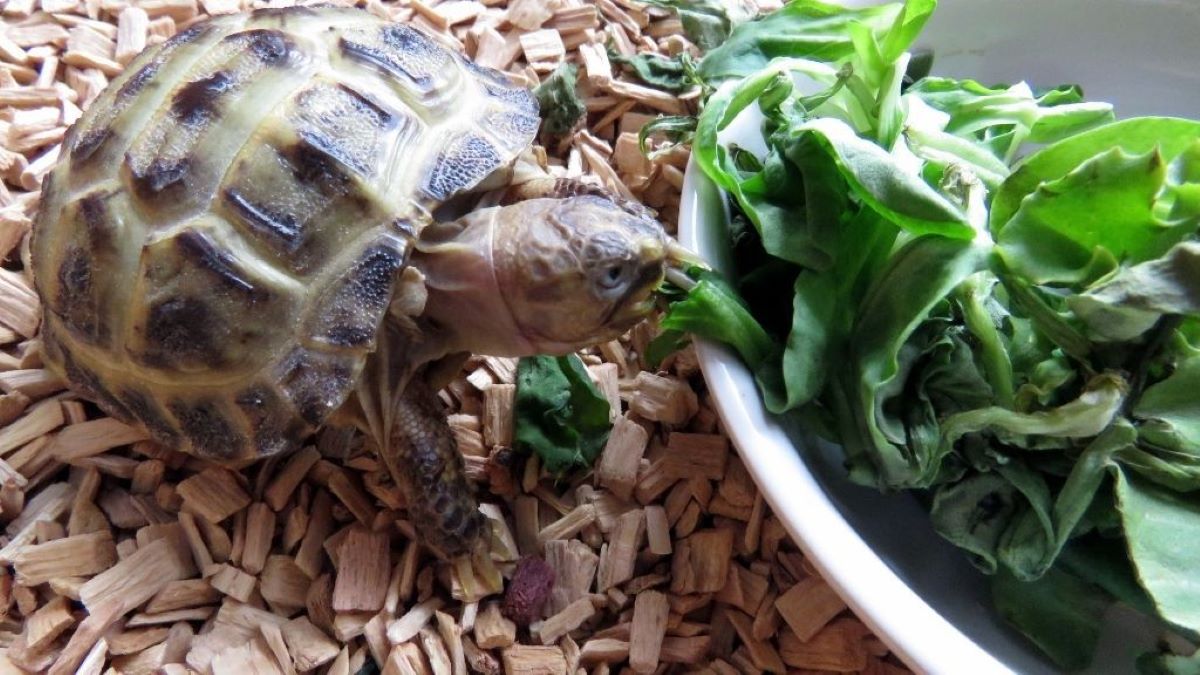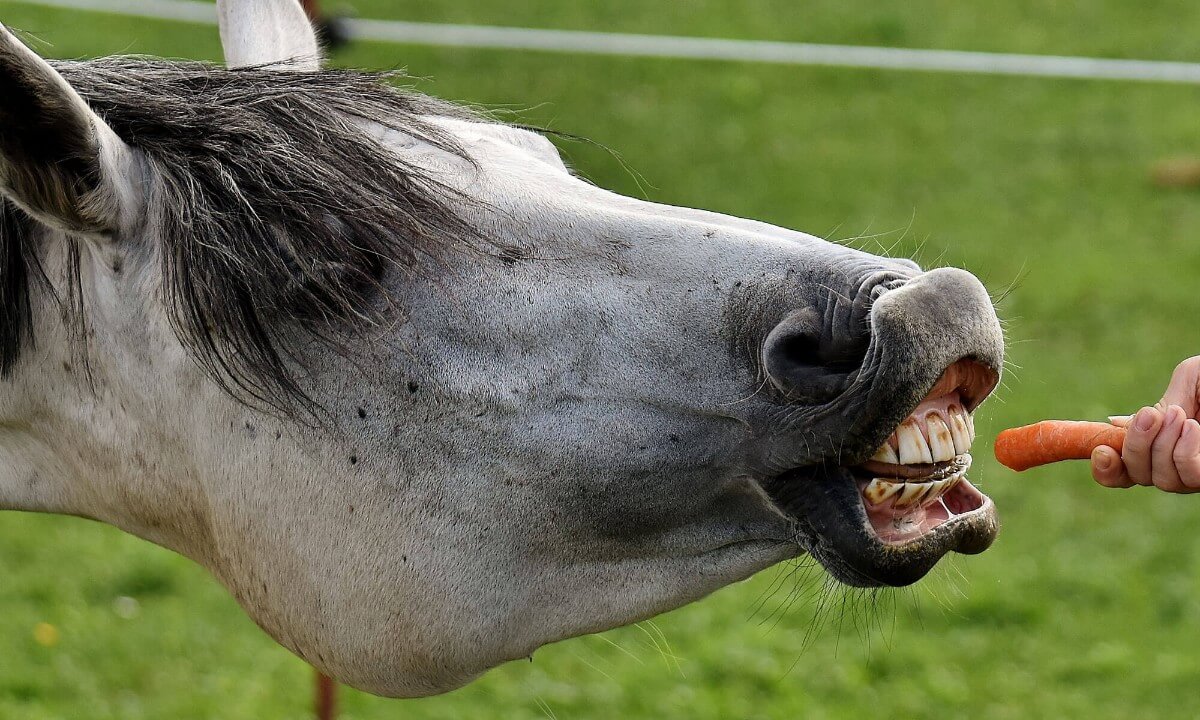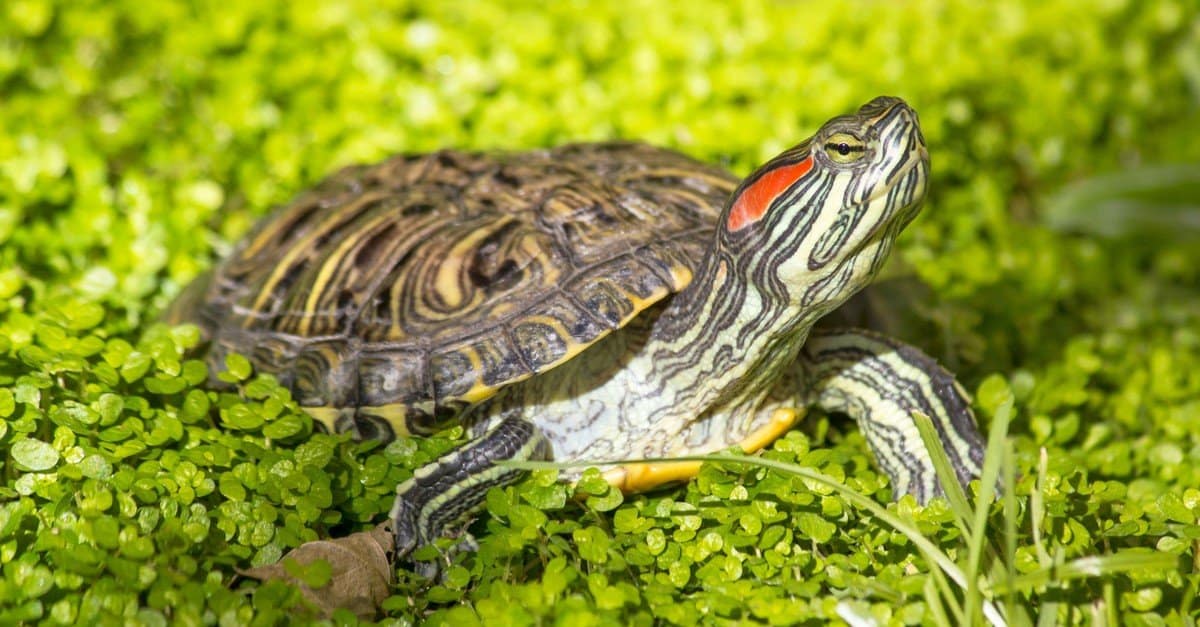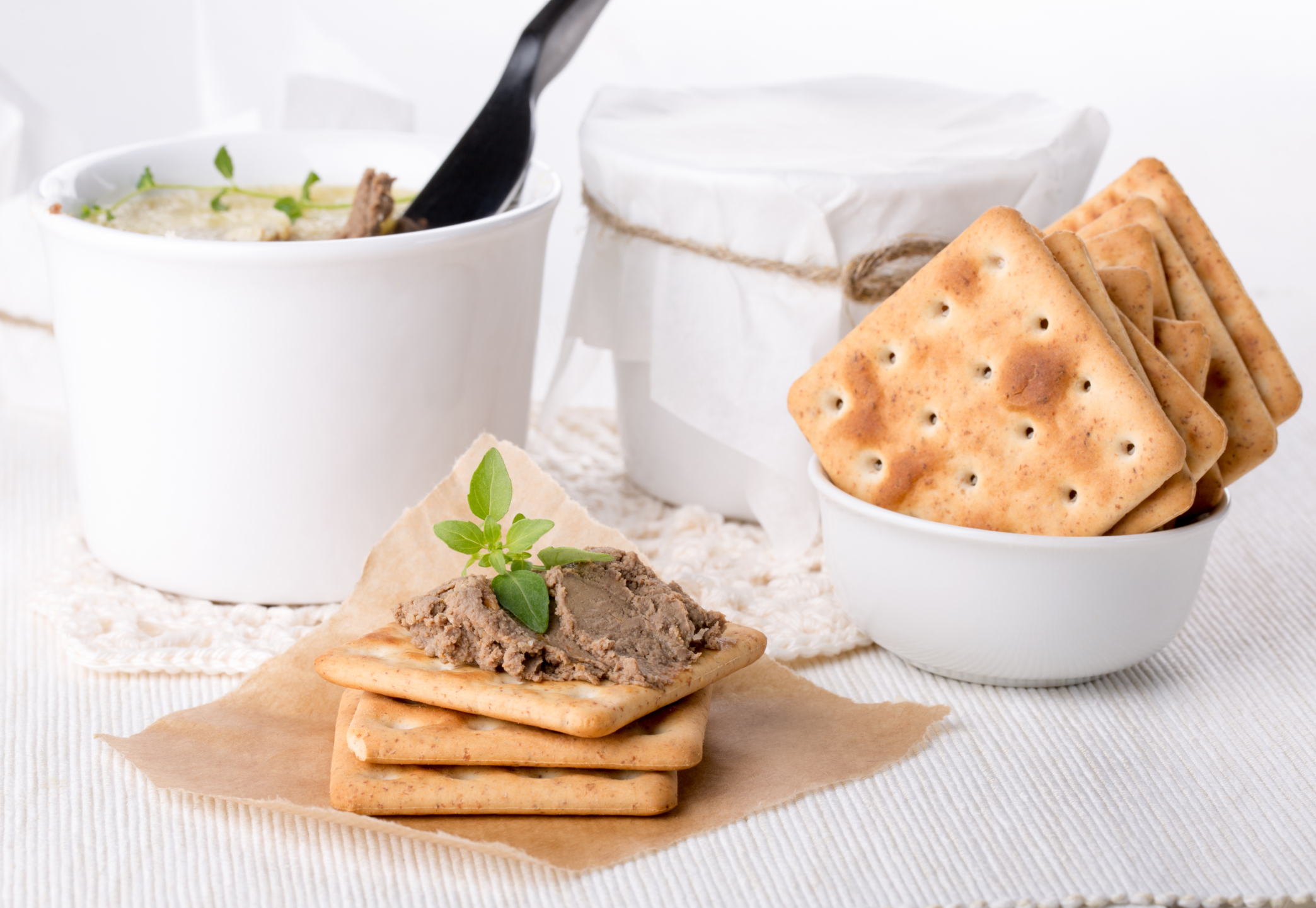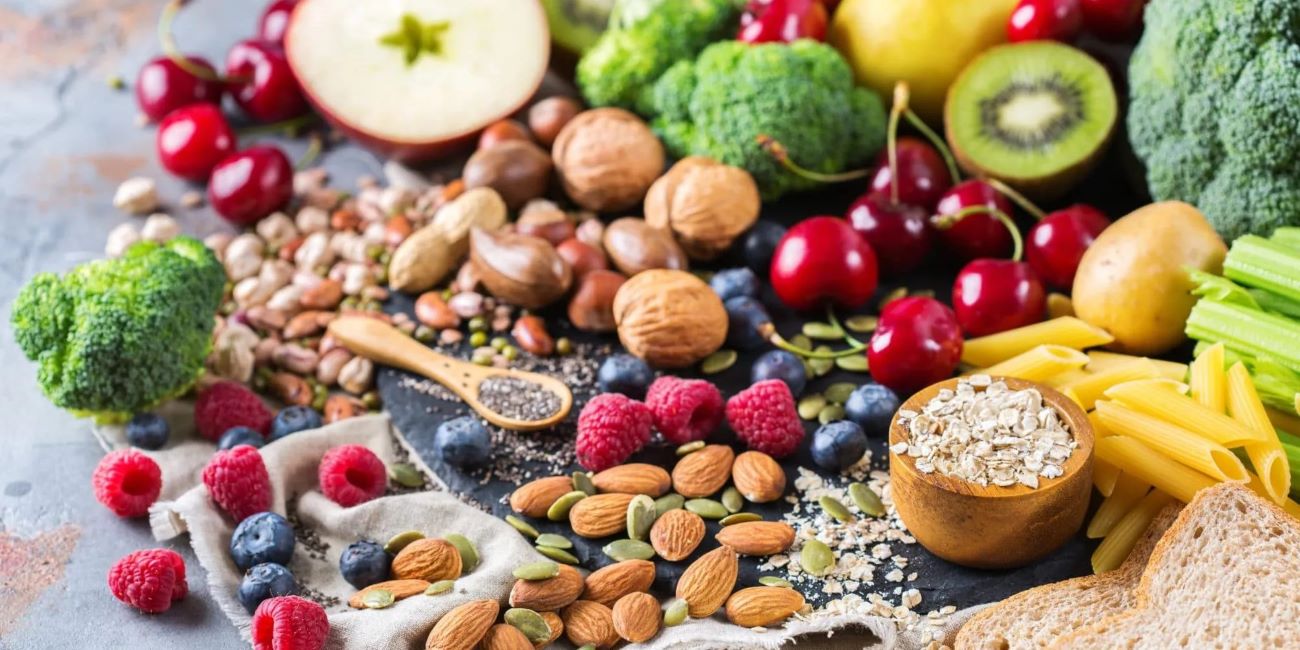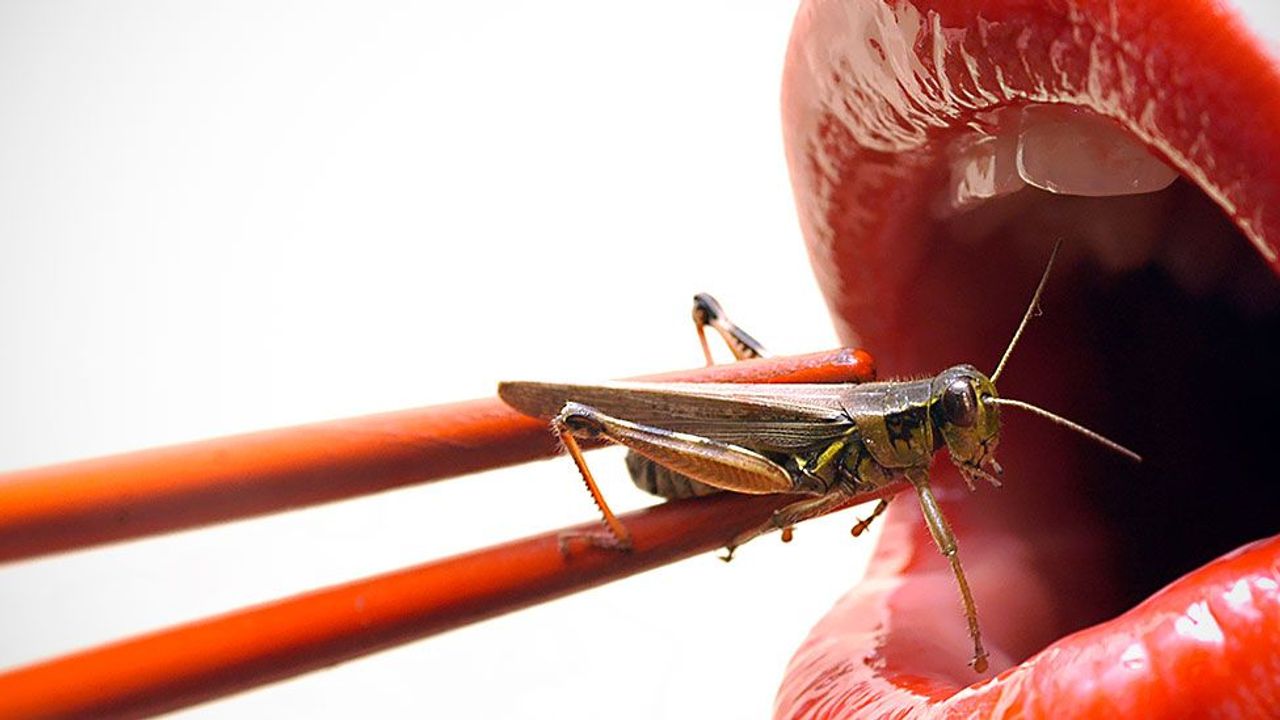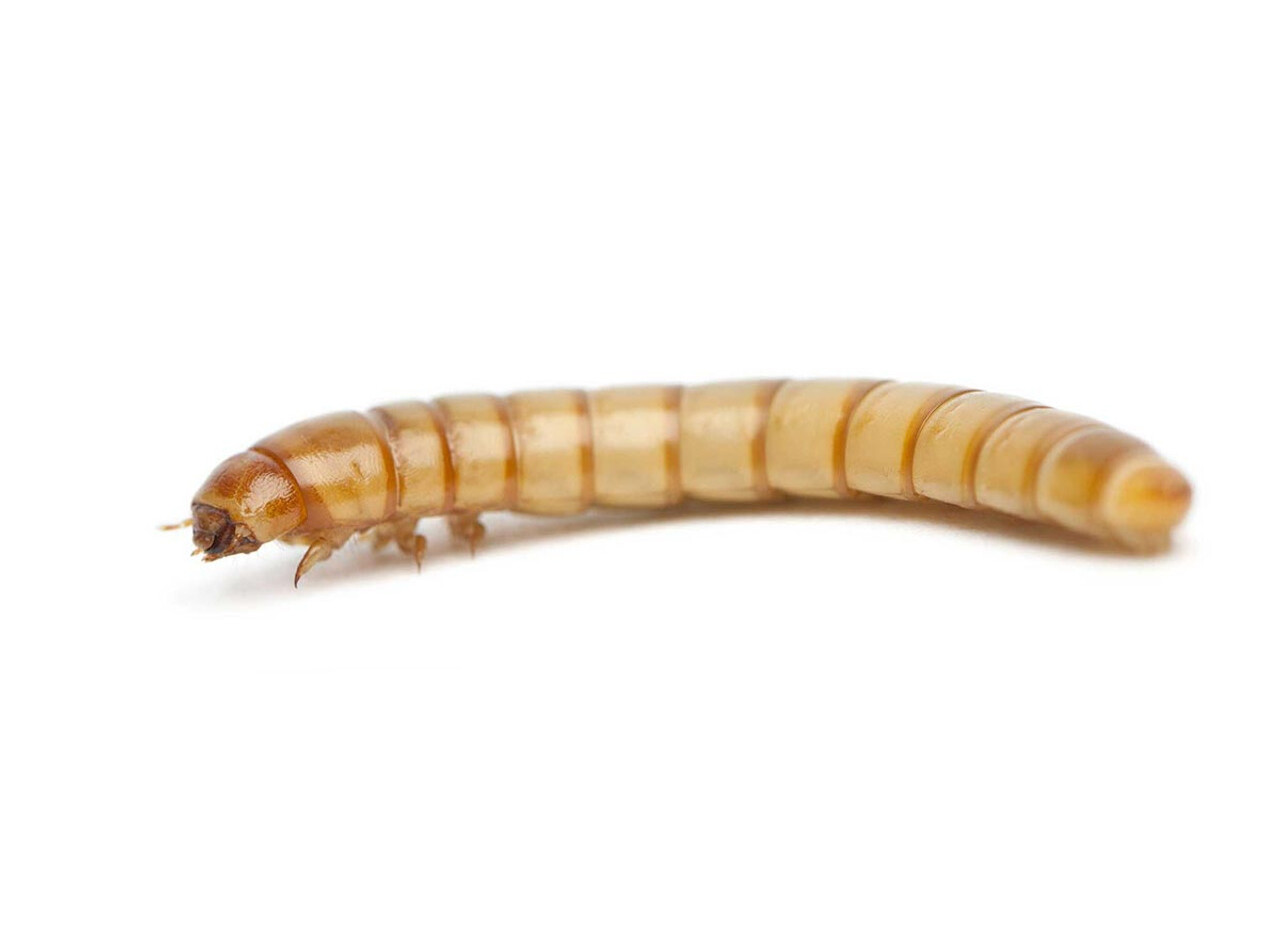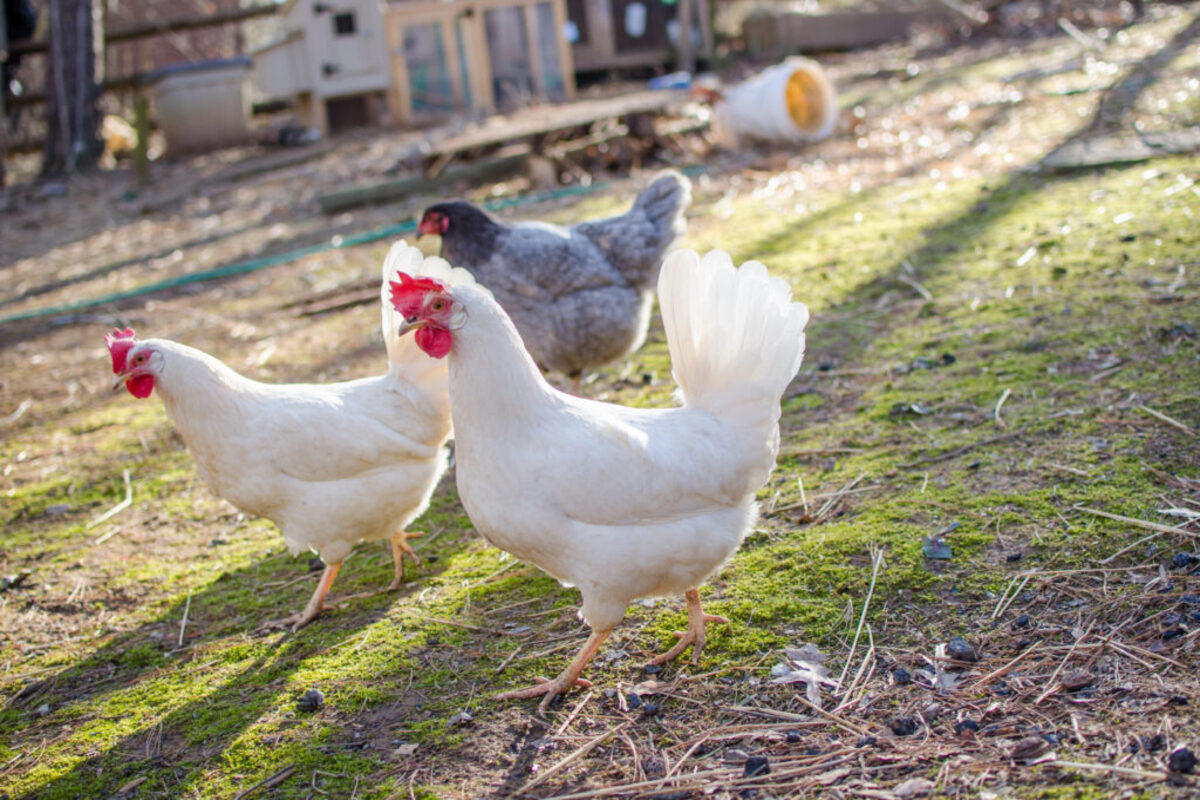Home>Gardening News and Trends>Latest News>What Vegetables Can Rabbits Eat


Latest News
What Vegetables Can Rabbits Eat
Modified: January 22, 2024
Discover the latest news on what vegetables rabbits can eat, and ensure your furry friend's diet is both healthy and delicious. Explore a comprehensive list of rabbit-friendly veggies and provide your bunny with the best nutrition possible.
(Many of the links in this article redirect to a specific reviewed product. Your purchase of these products through affiliate links helps to generate commission for Chicagolandgardening.com, at no extra cost. Learn more)
Table of Contents
Introduction
Welcome to our guide on what vegetables rabbits can eat. Rabbits are herbivorous animals and have a diet primarily consisting of fresh hay, water, and vegetables. While hay and water are the mainstays of their diet, vegetables provide essential nutrients and variety to keep them healthy and satisfied. However, not all vegetables are safe for rabbits to consume.
Feeding your bunny the right vegetables can contribute to their overall well-being by providing essential vitamins, minerals, and fiber. It is crucial to include a variety of vegetables in their diet to ensure they receive all the necessary nutrients. Additionally, offering a range of flavors and textures can keep your rabbit interested and engaged during mealtime.
It’s important to note that rabbits have sensitive digestive systems and introducing new foods too quickly or in large quantities can cause gastrointestinal problems. Therefore, it’s advisable to introduce new vegetables gradually and monitor your rabbit’s response to each one.
In this guide, we will explore a variety of vegetables that are safe and beneficial for rabbits to eat. We will discuss leafy vegetables, root vegetables, cruciferous vegetables, herbs, and other vegetables that can be included in your bunny’s diet. However, it’s important to consult with a veterinarian before making any significant changes to your rabbit’s diet.
Now, let’s delve into the world of vegetables and discover what options are available to ensure your furry friend receives a balanced and nutritious diet.
Leafy Vegetables
Leafy vegetables are a staple in a rabbit’s diet and provide essential nutrients, such as vitamins A, C, and K, as well as fiber. These vegetables not only contribute to overall health but also help maintain good dental health by promoting chewing and wearing down teeth. Here are some leafy vegetables that rabbits can safely consume:
- Romaine Lettuce: This lettuce variety is a favorite of many rabbits. It is low in calories and high in fiber and water content, making it a hydrating and nutritious choice.
- Spinach: Spinach is packed with vitamins and minerals, including iron and calcium. It should be fed in moderation due to its high oxalate content, which can contribute to the formation of bladder stones.
- Bok Choy: Also known as Chinese cabbage, bok choy is rich in vitamins and minerals. The crunchy stalks and tender leaves provide variety in texture for your rabbit to enjoy.
- Kale: Kale is a nutrient powerhouse, containing vitamins A, C, and K, as well as calcium and fiber. However, it should be fed in moderation due to its high calcium content, which can lead to bladder problems.
- Swiss Chard: This vibrant leafy green is rich in vitamins and minerals, including vitamin K, iron, and fiber. It is important to introduce swiss chard gradually as it can cause gas in some rabbits.
When feeding leafy vegetables to your rabbit, always ensure they are fresh and thoroughly washed to remove any pesticides or dirt. Serve the vegetables in small, bite-sized pieces to prevent choking and remove any uneaten portions after a few hours.
Remember, while leafy vegetables are an important part of a rabbit’s diet, they should not be the sole focus. A balanced diet should also include other types of vegetables to provide a variety of nutrients and flavors for your bunny.
Root Vegetables
Root vegetables are another category of vegetables that can be included in a rabbit’s diet. These vegetables are packed with nutrients and provide a different texture and flavor for your furry friend. However, it’s important to feed root vegetables in moderation due to their higher sugar and starch content. Here are some root vegetables that rabbits can enjoy:
- Carrots: Carrots are a well-known favorite among rabbits. They are rich in vitamins A and K, as well as beta-carotene, which is beneficial for eye health. Feed carrots in moderation due to their higher sugar content.
- Parsnips: Parsnips offer a slightly sweeter flavor compared to carrots. They are a good source of vitamins B6 and C, as well as fiber. Introduce parsnips gradually to avoid digestive issues.
- Radishes: Radishes provide a crunchy texture and a peppery taste that some rabbits enjoy. They are a source of vitamins C and K, as well as dietary fiber. Feed radishes in moderation due to their spiciness.
- Turnips: Turnips are a root vegetable that can be fed to rabbits. They contain vitamins A, C, and K, as well as fiber. Offer turnips in small amounts to prevent digestive upsets.
When feeding root vegetables, it’s important to remove any greens or tops, as they can be harmful to rabbits. Also, remember to wash the vegetables thoroughly and serve them in small, manageable pieces. Introduce new root vegetables slowly and observe your rabbit’s response to ensure they tolerate them well.
While root vegetables can be a healthy addition to a rabbit’s diet, it’s important to remember that they should not be the primary source of nutrition. They should be provided in moderation alongside other types of vegetables and hay to ensure a balanced and varied diet for your bunny.
Cruciferous Vegetables
Cruciferous vegetables are a group of vegetables that include broccoli, cauliflower, and cabbage. These vegetables are packed with important nutrients and can be a great addition to your rabbit’s diet. However, some rabbits may be more sensitive to these vegetables, so it’s important to introduce them gradually and monitor your rabbit’s response. Here are some cruciferous vegetables that rabbits can enjoy:
- Broccoli: Broccoli is rich in vitamins A, C, and K, as well as fiber. It’s best to feed broccoli in small amounts due to its higher gas-inducing properties.
- Cauliflower: Cauliflower is another cruciferous vegetable that rabbits can enjoy. It contains vitamins C and K, as well as dietary fiber. Introduce cauliflower gradually, as it can cause gas in some rabbits.
- Brussels Sprouts: Brussels sprouts can provide a crunchy and nutritious treat for your rabbit. They are a good source of vitamins C and K, as well as dietary fiber. Feed Brussels sprouts in moderation due to their potential gas-causing properties.
- Cabbage: Cabbage can be fed to rabbits in small amounts. It contains vitamins A, C, and K, as well as dietary fiber. However, cabbage can cause gas and should be introduced slowly.
When feeding cruciferous vegetables to your rabbit, it’s important to serve them in small amounts and remove any tough stems or parts that can be difficult to chew. Always wash the vegetables thoroughly to remove any pesticides or dirt. Remember to monitor your rabbit’s reaction to these vegetables and reduce or eliminate them if they cause any digestive issues.
While cruciferous vegetables can offer nutritional benefits, it’s important to maintain a balanced diet by including other types of vegetables and providing a variety of flavors and textures for your rabbit to enjoy.
Herbs
Herbs not only add flavor to dishes but can also provide health benefits for rabbits. They can be an excellent addition to their diet, offering various nutrients, vitamins, and even medicinal properties. Here are some herbs that are safe for rabbits to consume:
- Parsley: Parsley is a popular herb that rabbits enjoy. It contains vitamins A, C, and K, as well as folate and antioxidants. However, it should be fed in moderation due to its higher oxalate content.
- Basil: Basil is a fragrant herb that rabbits may find appealing. It offers vitamins A, C, and K, as well as antioxidants. Serve basil leaves in small quantities to provide a flavorful treat for your bunny.
- Mint: Mint is another herb that rabbits can enjoy. It can help relieve digestive issues and provide a refreshing taste. However, offer mint sparingly, as it has a potent flavor that can overpower other foods.
- Dill: Dill is a herb that can add a unique flavor to your rabbit’s diet. It contains vitamins A and C, as well as minerals such as calcium and iron. Introduce dill gradually due to its strong taste.
When offering herbs to your rabbit, it’s important to wash them thoroughly and remove any wilted or spoiled leaves. Serve them in small amounts to prevent overconsumption, as some herbs can have stronger effects in large quantities.
Remember that while herbs can provide additional flavor and nutritional benefits, they should not replace other essential vegetables or hay in your rabbit’s diet. They should be given as occasional treats to supplement their regular meals.
Consult with a veterinarian before introducing new herbs to ensure they are suitable for your rabbit’s specific dietary needs.
Other Vegetables to Consider
In addition to leafy greens, root vegetables, cruciferous vegetables, and herbs, there are other vegetables that you can consider including in your rabbit’s diet. These vegetables provide variety in terms of taste, texture, and nutritional content. Here are some other vegetables that rabbits can safely consume:
- Zucchini: Zucchini is a low-calorie vegetable that is rich in vitamins A and C. It has a mild flavor and can be served raw or cooked. Remove the seeds and slice the zucchini into small pieces before feeding it to your rabbit.
- Cucumber: Cucumber is hydrating and has a refreshing taste, making it a great treat for rabbits, especially during warm weather. It contains vitamins K and C and can be served with the skin on after washing it thoroughly.
- Peppers: Bell peppers, both green and red, are safe for rabbits to eat. They are a good source of vitamins A and C. Remove the seeds and core, and cut the peppers into small, manageable pieces before offering them to your bunny.
- Celery: Celery is a crunchy vegetable that can be given to rabbits in small amounts. It contains vitamins A, C, and K, as well as dietary fiber. Cut the celery into small, bite-sized pieces to prevent choking.
- Squash: Squash, such as butternut or acorn squash, can be fed to rabbits. They are high in vitamins A and C. Remove the seeds and peel, and cook the squash before serving it to your rabbit.
When introducing new vegetables, it’s important to start with small amounts and closely monitor your rabbit for any signs of digestive upset. Gradually increase the quantity over time to allow their digestive system to adjust.
Remember that while these vegetables are generally safe for rabbits to eat, individual sensitivities may vary. It’s always best to consult with a veterinarian before making any significant changes to your rabbit’s diet.
Vegetables to Avoid
While there are many vegetables that rabbits can enjoy, there are some vegetables that should be avoided due to potential health risks or toxic properties. These vegetables can cause digestive problems, gas, or even be poisonous to rabbits. It’s crucial to be aware of these vegetables and refrain from feeding them to your furry friend. Here are some vegetables that are not suitable for rabbits:
- Potatoes: Potatoes, including both white and sweet potatoes, should not be fed to rabbits. They are high in starch and can cause digestive issues. Additionally, potato plants contain toxins that can be harmful to rabbits.
- Rhubarb: Rhubarb should be avoided as it contains oxalates, which can be toxic to rabbits. The leaves, in particular, are highly toxic and can cause severe health issues if consumed.
- Avocado: Avocado is toxic to rabbits and should never be fed to them. It contains a substance called persin, which can cause serious health problems, including heart and respiratory issues.
- Onions and Garlic: Onions and garlic, whether raw, cooked, or powdered, should be avoided as they contain compounds that can damage a rabbit’s red blood cells and lead to anemia.
- Tomato Leaves and Stalks: While the ripe fruit of a tomato is safe for rabbits in moderation, the leaves and stalks of the tomato plant contain a toxic substance called solanine. Avoid feeding these parts to your rabbit.
It’s important to note that this is not an exhaustive list, and there may be other vegetables that are not suitable for rabbits. If you are unsure about a specific vegetable, it’s always best to consult with a veterinarian to ensure the safety and proper diet of your rabbit.
Remember, rabbits have unique dietary needs, and it’s crucial to provide them with a balanced diet that includes safe vegetables, fresh hay, and clean water. Monitoring their health and consulting with a veterinarian will help ensure their well-being and happiness.
Conclusion
Providing your rabbit with a nutritious and varied diet is crucial for their overall health and well-being. Incorporating a variety of vegetables into their diet can offer essential vitamins, minerals, and fiber that contribute to their growth and vitality. However, it’s important to be mindful of which vegetables are safe for rabbits to consume.
In this guide, we have explored several categories of vegetables that rabbits can eat. Leafy vegetables, such as romaine lettuce and spinach, provide important nutrients and aid in maintaining dental health. Root vegetables, including carrots and parsnips, offer a different texture and flavor for your bunny’s enjoyment. Cruciferous vegetables like broccoli and cauliflower provide additional nutrients, but should be introduced gradually due to potential gas-inducing properties. Herbs can add flavor and possible medicinal benefits to your rabbit’s diet, while other vegetables like zucchini and peppers provide variety and additional nutrition.
However, it’s important to be aware of vegetables that are not suitable for rabbits. Avoid feeding them potatoes, rhubarb, avocado, onions, garlic, and tomato leaves or stalks, as they can be either harmful or toxic to rabbits.
Remember to introduce new vegetables gradually to prevent digestive issues, and always consult with a veterinarian to ensure the safety and appropriateness of any dietary changes for your rabbit.
By offering a balanced diet that includes a diverse range of vegetables, along with hay and water, you can ensure that your rabbit remains healthy, happy, and satisfied. Providing them with a varied and nutritious diet will contribute to their overall quality of life and promote their longevity.
